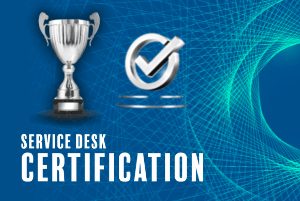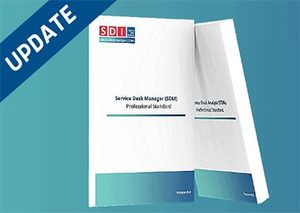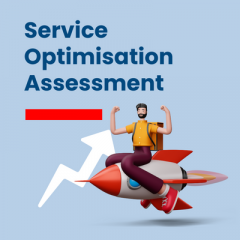
by Scarlett Bayes, Industry Analyst, SDI
Will Customer Experience begin the demise of SLAs?
SDI research shows that customer satisfaction and the customer experience is becoming increasingly relevant with the industry, which has led to the hypothesis that Experience Level Agreements (XLA) will become more commonplace in the near future.
Similar to the Service Level Agreement (SLA), XLAs establish a typical level of service experience a customer should receive, therefore establishing a minimum satisfactory level of customer experience. Meeting SLA targets may not be as important to a customer as it is to the service desk, therefore analysts may focus on hitting KPIs rather than concerning themselves with the experience of the customer.
For example, an SLA might outline a target for resolution times, therefore service desk analysts may attempt to resolve incidents as quickly as possible to meet the target, but in doing so they may not be attentive to the customer or their needs. As such, an XLA would specify that the analyst should pay attention to the experience of the customer, and ensure that the customer is satisfied throughout their interaction with the service desk.
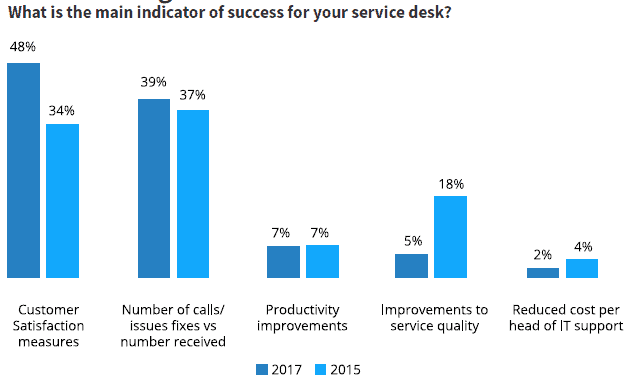
48% of service desk professionals identified that customers satisfaction measures are the main indicator of success for their service desk, which shows a 14% increase since 2015. This is a strong indicator that the customer experience is becoming more important for service desks, and plays a more significant role in measuring success than more traditional metrics.
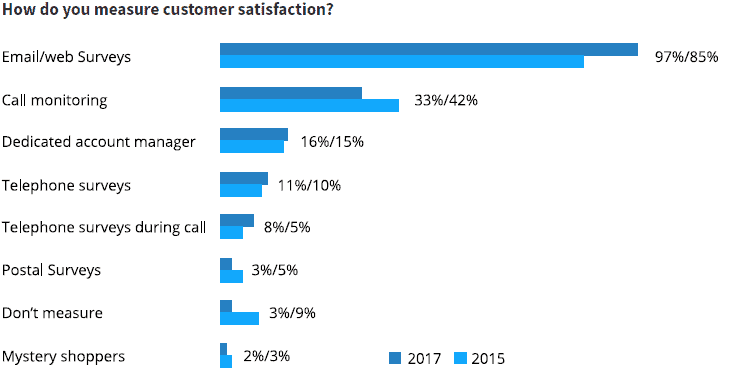
The proportion of service desks that do not measure customer service has decreased to a low 3%, which suggests that more service desks are now actively seeking satisfaction data to help measure the true value of the services they provide.
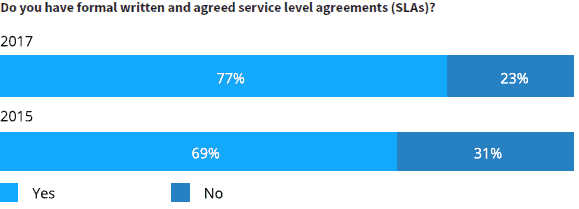
The importance of the Service Level Agreement (SLA) is well understood, as SLAs represent a contract between the service desk and the buying customer, and also helps to manage end user expectations. This is represented here in the considerably high rate of adoption with 77% of service desks now formally written and agreed SLAs.
In the near future, service level agreements are likely to become increasingly important, but SDI research showing the industry’s growing focus on customer satisfaction suggests that traditional SLAs will likely be replaced in favour of the customer experience.
To be part of SDI’s research into this hypothesis, we would greatly appreciate it if you could take 5-10 minutes to complete this survey.


